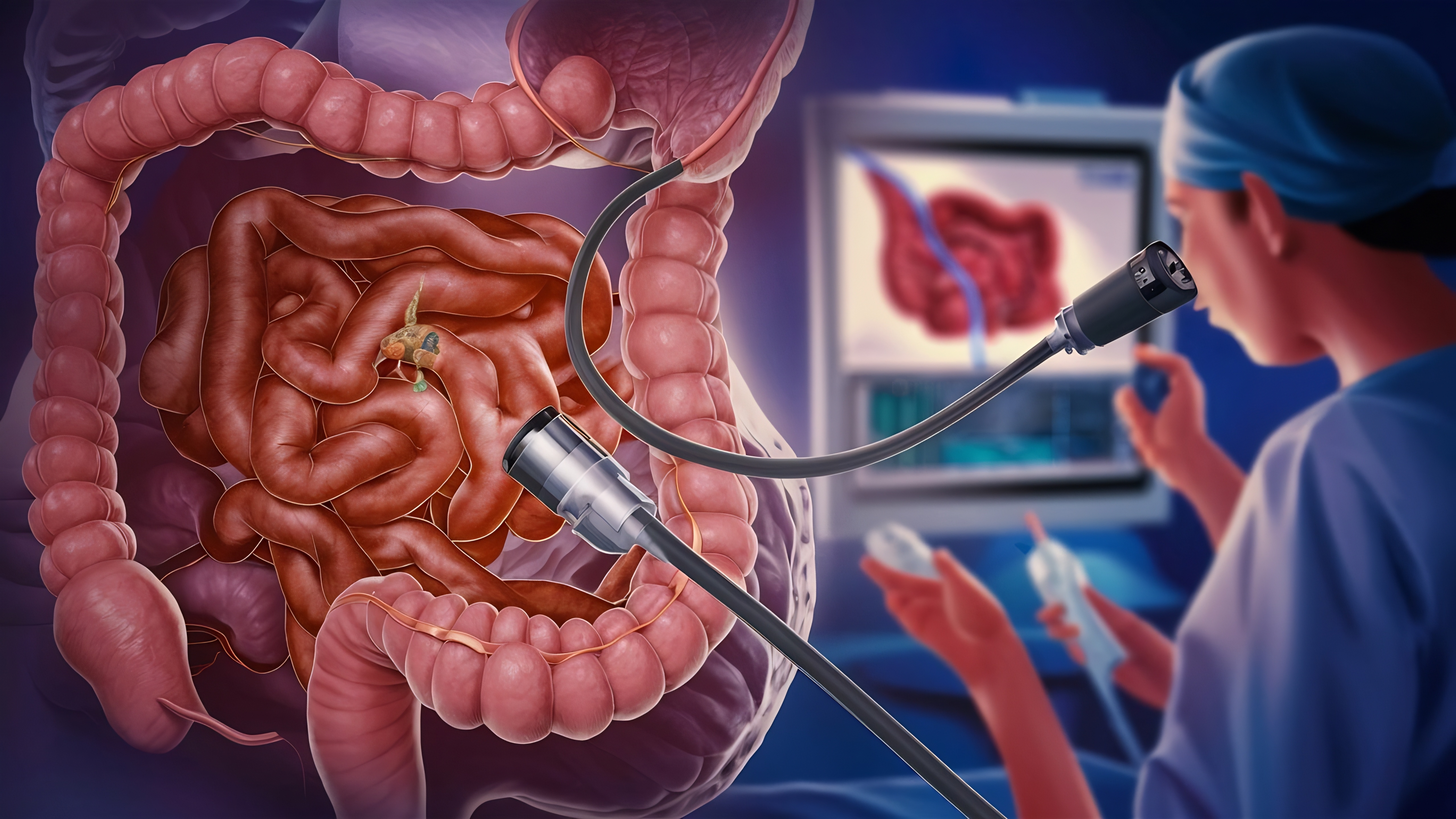
It can be a little frightening to learn that you require a colonoscopy, particularly if it's your first time. More questions than answers are frequently raised by the procedure's concept. In actuality, however, a colonoscopy is a common, crucial examination that can help identify problems such as inflammation, colon polyps, and early indicators of colorectal cancer, sometimes even before symptoms appear.
Many patients find it helpful to learn from experienced professionals. Dr. Jasvant Modi, a respected gastroenterologist, has helped educate the public about the value of early screening and what to expect. You can learn more about his perspective here: https://www.csun.edu/node/386756.
You can feel less anxious and more in control of the process if you know what to anticipate before, during, and after the treatment.
Before the Procedure
A day or two prior to your appointment, preparations start. The primary objective is to empty your colon so that the camera can take crisp pictures, but your doctor will give you detailed instructions. This entails taking a prescription laxative and maintaining a liquid diet. Although it's required for precise results, many patients find this aspect less enjoyable than the actual operation.
Staying hydrated is essential. Water, broth, and electrolyte drinks are examples of clear fluids that can help replenish what your body loses during preparation. Additionally, you should stay away from solid foods and anything that is red or purple because they can make it difficult to see during the test.
On the prep day, it's a good idea to take the day off from work and remain close to a restroom.
During the Colonoscopy
A nurse will check your vital signs and help you settle comfortably once you get to the clinic or hospital. You will be instructed to lie on your side and change into a robe. The majority of patients are sedated, so you'll feel calm and sleepy. Some folks don't remember the entire process when they wake up because they were asleep during it.
A thin, flexible tube equipped with a tiny camera will be carefully inserted into your rectum by the physician. With the use of a device known as a colonoscope, they can see within your colon in real time. Typically, the procedure takes 20 to 30 minutes.
If the doctor finds any polyps or unusual areas, they can often remove them during the same procedure. These samples may be sent to a lab for further analysis, but most polyps are benign.
After the Procedure
Once the colonoscopy is done, you’ll rest in a recovery area while the sedation wears off. The air used to inflate the colon during the examination may cause you to feel a bit bloated or have slight cramps. Usually, this goes away after a few hours.
It's crucial to make arrangements for someone to transport you home because of the sedation, which will prevent you from driving afterward. Depending on what was discovered, your doctor may give you particular instructions, but most people return to their regular activities the next day.
If any tissue samples were taken, you’ll likely get results within a few days. Your healthcare provider will explain what they mean and whether any follow-up is needed.
What This Means for You
A colonoscopy is one of the most effective tools doctors have for detecting colon cancer early, when it’s most treatable. The procedure itself is quick and often uneventful. The most challenging part is the preparation, but even that is manageable with the right mindset and support.
Knowing what to expect can make the entire experience feel less overwhelming. And when you consider the peace of mind it offers, it’s a small step that can make a big difference in your long-term health.
|

